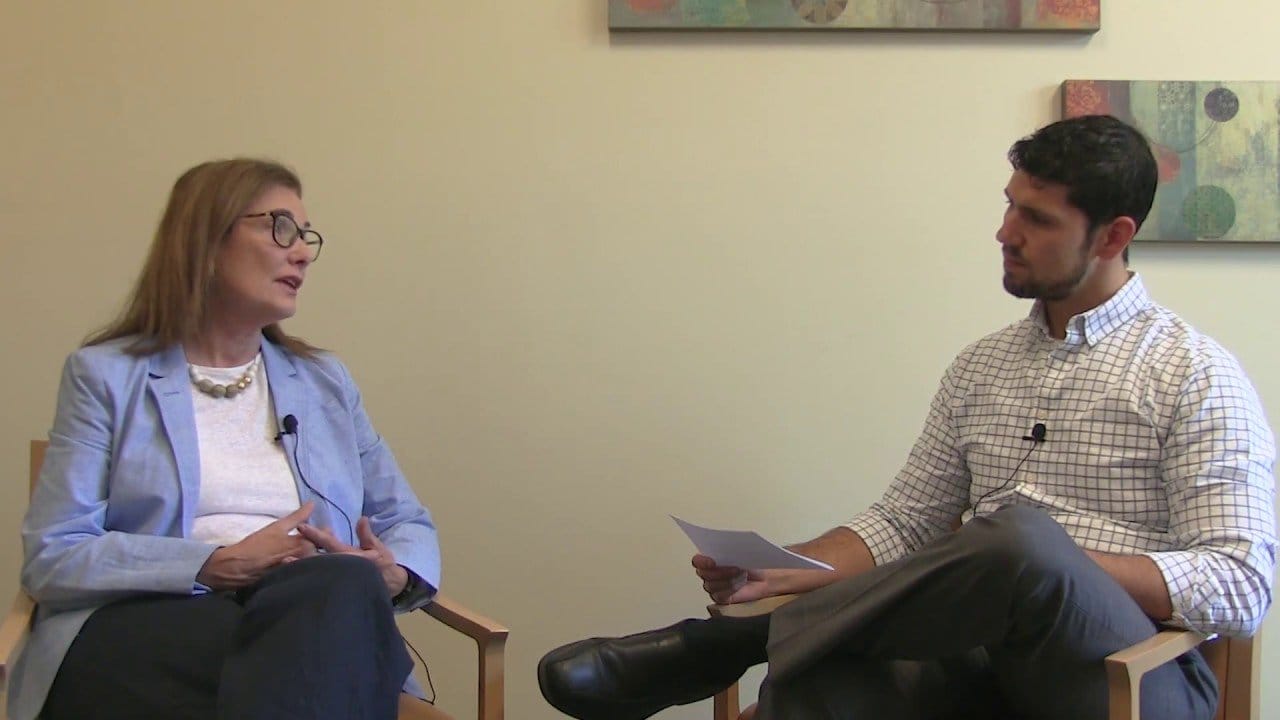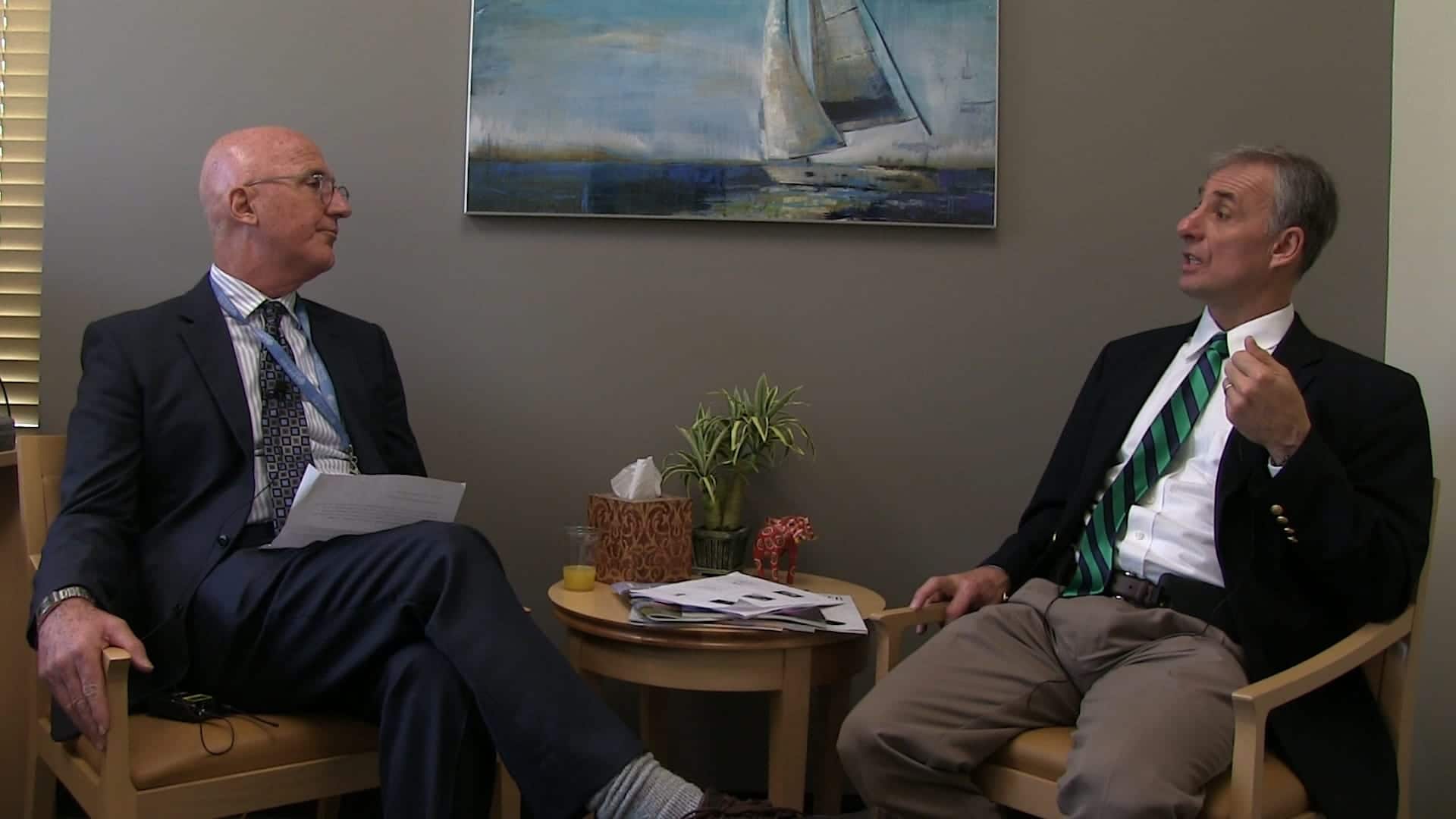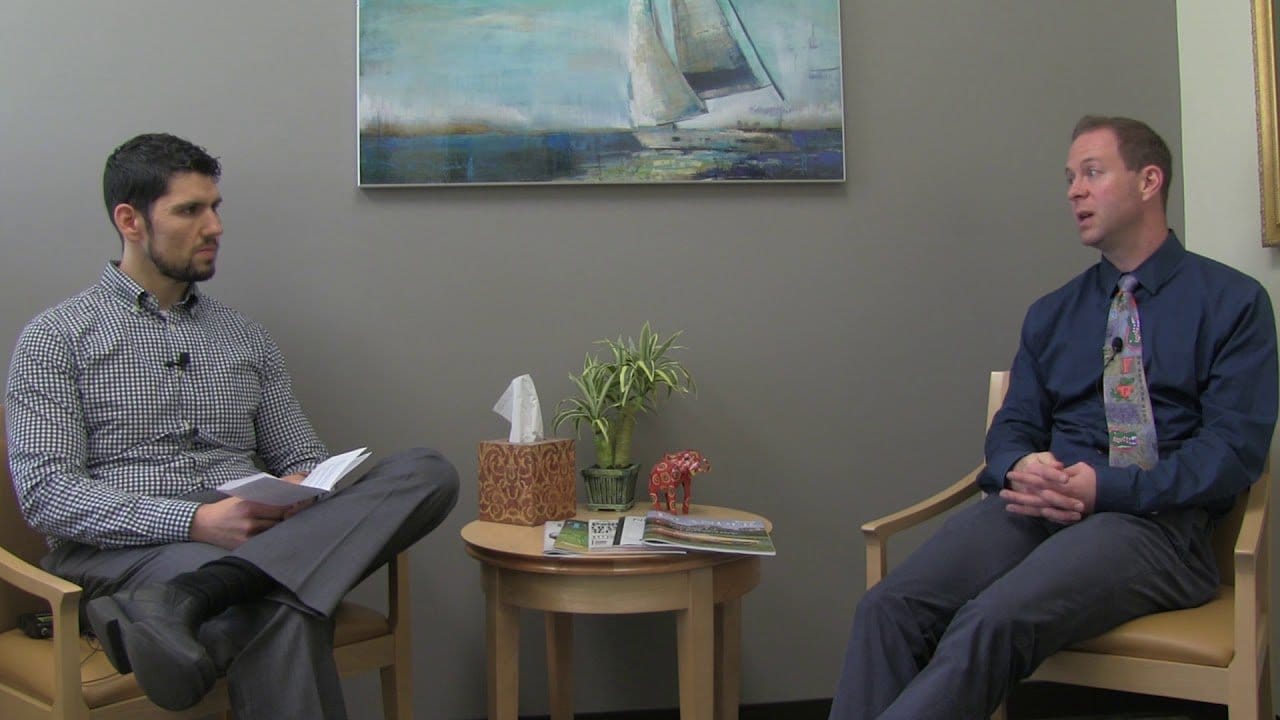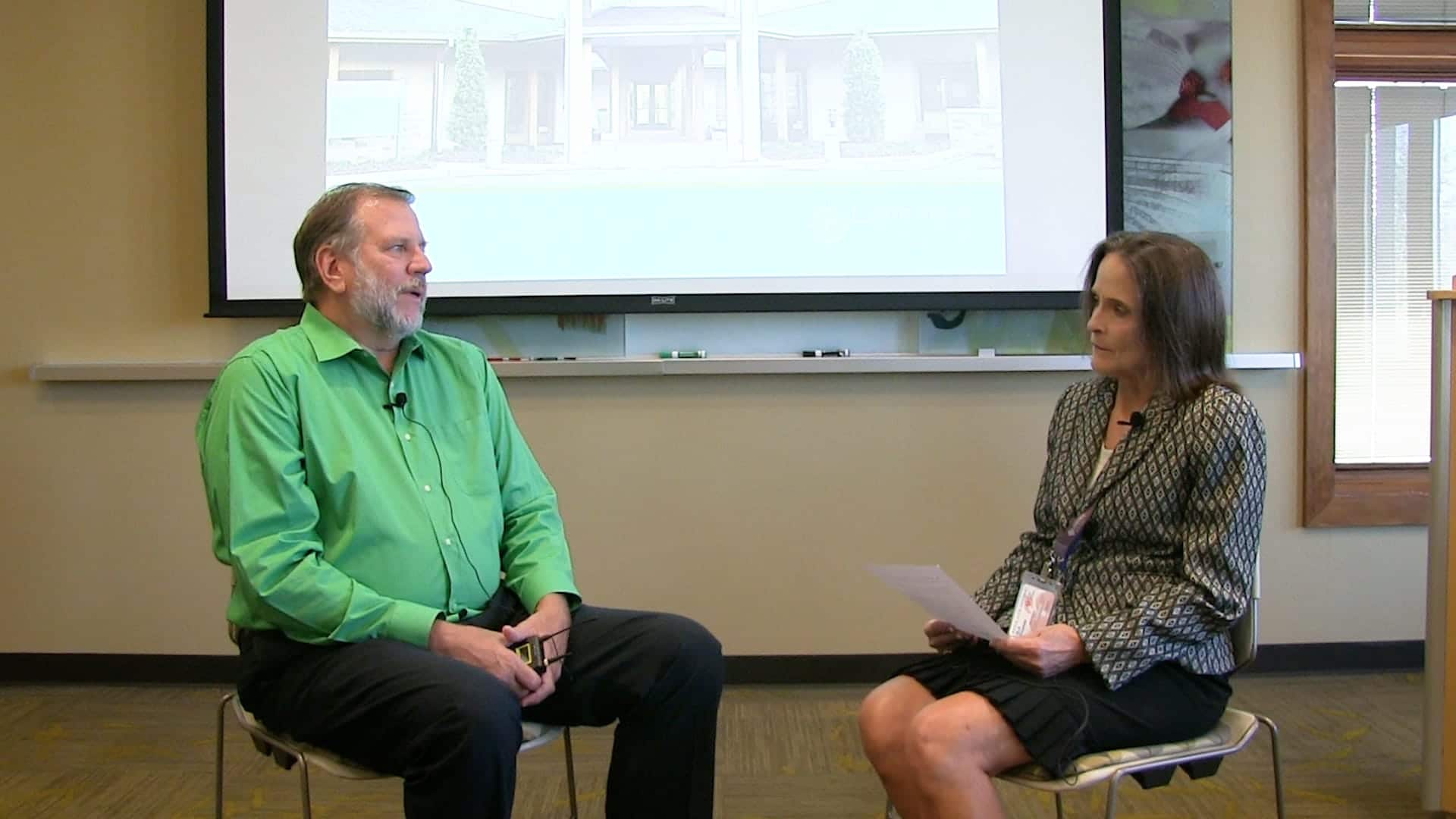In this podcast, Tim Johnson of Intervention Pros in Jacksonville explains intervention and how these professionally directed efforts can get a person into treatment. Tim describes his intervention style and advises family members to break the silence, start the conversation and then reach out to professionals.
Podcast Transcript
Gina Thorne: Hello everyone, this is Gina Thorne, and I’m here today with Tim Johnson with Intervention Pros. We welcome you back to our next edition of our Lakeview podcast series. Tim is a local interventionist here in Jacksonville who has done a lot of work here with individuals and families struggling with substance abuse and mental health disorders. Welcome, Tim. Tim Johnson: Thank you. Thank you for having me. Gina: Great. Good. Well, tell us a little bit about yourself and what got you into the field of addiction treatment. Tim: Basically, back in 2005 I was recruited into the field by some other professionals who were forming an organization based in South Florida that did marketing, admissions and case management for addicts and alcoholics and we worked with treatment programs all over the country. In 2009, we were up to helping about–we had 20 people working for the company and we were helping 200 clients a month get the help they needed. And along the way, I learned a lot that gave me the background and foundational information that I would later need to become an interventionist. So, in 2009 my interests and values kind of diverged from that of my partners and I decided to go on my own and pursue doing interventions independently. And, you know, kind of as they say, you know you’re doing what you’re supposed to be doing and what you’re passionate about when you find the work that you can’t not do. And so, that’s where I’m at today. Gina: And so, are most of your interventions local or are they national also? Tim: I work primarily across the state of Florida, but of course we do work nationally as well. Gina: OK. So, for family members are listening to this for the first time, how would you define or describe an intervention? Tim: I guess, really, there are many definitions for an intervention. It’s any time an outside force comes in and disrupts that addictive cycle, that would cause a person to seek help. So that could be a judge who gives someone who’s caught in a drug-related offense to get treatment in lieu of jail time. It could be a wife who tells her husband that if he doesn’t stick with A.A. and get sober that she’s leaving him. You know, both of these would be considered interventions in my book. But in a professional sense, it’s a professional directed effort to leverage every area of support in a person’s life to help them, not only get into treatment but to stay sober in a life of recovery. Gina: So, is there one particular type of niche market that you work with? Tim: No, not really. We’ve worked with folks from ages 14 to 80. As far as the identified patient and the age, we do primarily work with substance abuse, but we also do some mental health as well. Gina: And would you say there’s a big difference between working with a substance abuse client versus a mental health client? Tim: Absolutely. Gina: What would be the difference? Tim: Well, I guess, you know, the mental health can range anywhere from schizophrenia to bipolar, and those are certainly areas of expertise that we like to bring other folks in for Gina: And if you were to describe your style of intervention, what would that look like? Tim: Well, you know, like most good interventionists out there, I draw from the models that are available, and everything really starts from an assessment and evaluation with the family to figure out what’s going to be best for them. Every family is different, and of course, the models are different. And so, the way those come together are going to determine how the intervention is going to go, but my style is one where I’m really laid back, really relatable. I’m patient. I’m nonjudgmental. And I think that really comes through to make my interventions successful. Gina: And if there was a family that doesn’t know what to do with their loved one–if we had somebody right now that was listening, that had somebody at home that was struggling with this problem, and just didn’t know what to do, what advice would you give them? Tim: Well, I would say to break the silence. The first thing is when you know you have someone who’s actively using and abusing, it’s hurting them, it’s hurting the family, you know, there’s a certain amount of shame that people feel inherently that’s really unnecessary. And I would say to break the silence, to reach out to a professional, whether it’s somebody local if you have an addiction treatment professional locally, that you could get an evaluation done with them. Or, if you’ve already confronted the patient, you’ve asked them to go to treatment, they won’t go to treatment, contact an interventionist. And that’s really what we specialize in: the treatment-resistant patient who needs the help but doesn’t appreciate their own need for treatment. Gina: So, one more question I had for you is if there was a family member that wanted to retain your services, do they get to work with you after their loved one goes to treatment or is your service combined with just for getting the patient into treatment? Tim: Our services are primarily geared to get the family out of denial, and get them educated and prepped, and actually get the patient into treatment. But we do some follow-up care. We do try to make sure that every patient is leaving with an aftercare plan, with the family supported somewhat beyond the intervention. That’s usually built into our agreement as well. Gina: Great, great. And if someone wanted to reach out to you, to learn a little bit more about your services, how could they get in touch with you? Tim: They could visit us at our website online at www.interventionpros.net. That’s p-r-o-s dot net. Or they can call us at our toll-free number 866-547-6237. That’s 866-54SOBER. Gina: Great, excellent. Well, thank you, Tim, we appreciate you taking the time to visit with us here today at Lakeview. For those of you that are interested in learning more about Lakeview Health we encourage you to visit us online at LakeviewHealth.com. We also encourage you to like us on Facebook at Lakeview Health. We look forward to hearing from you in the future. If you have any questions you can always reach out to us at [Direct]. Thank you.




